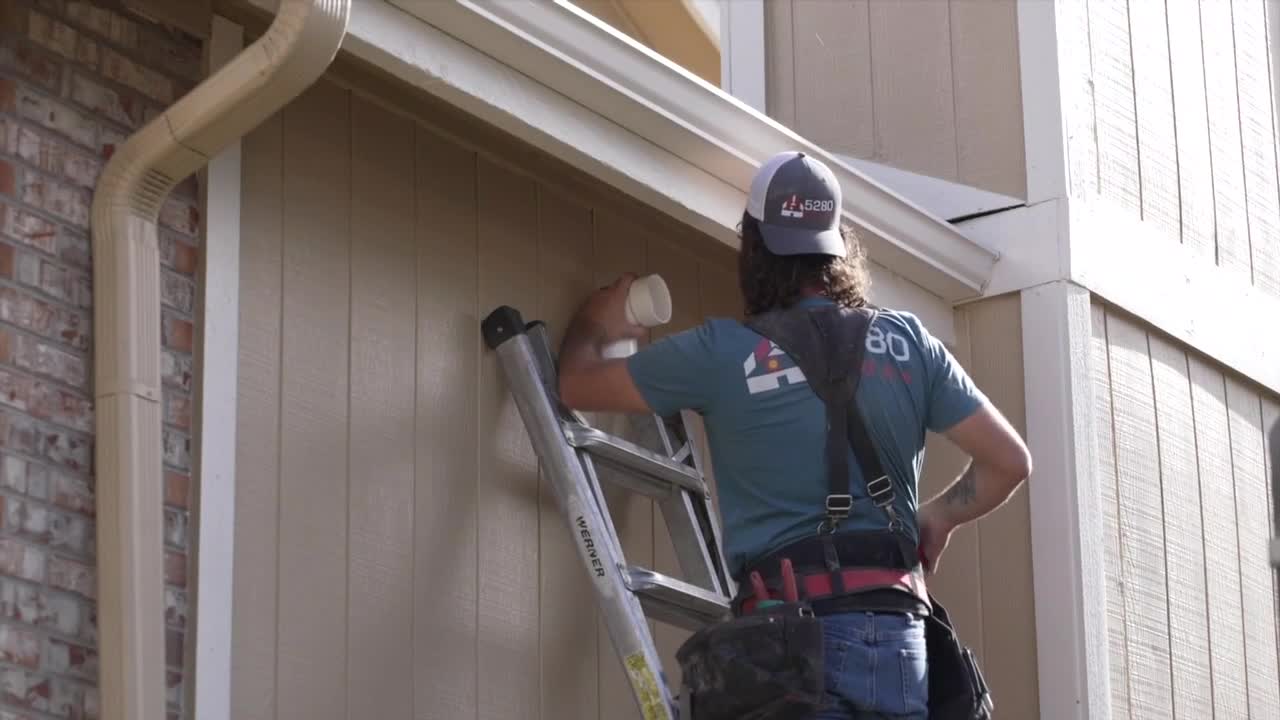DENVER — Colorado homebuyers and renters typically see a radon disclosure, and for good reason. The naturally occurring gas that comes from decaying uranium in soil is common across the state and can pose a serious health risk if left unchecked.
“Radon can cause lung cancer. It’s the number one cause of lung cancer in non-smokers,” Justin Daniels, owner of Absolute Radon Safety in Denver, said. He’s also secretary of the Rocky Mountain Indoor Environment Association, a regional chapter of the National Indoor Environment Association, which educates the public on the risks of radon.
Any building that comes in contact with the earth can have elevated radon,” Brian Coy, owner of 5280 Radon Mitigation, said. “There is a misconception that only homes with basements or crawl spaces can have radon, and that's just not true. Any home can have high radon, and the only way to know is to test.”
Consumer testing kits typically cost between $10 and $50 and are sold at hardware stores and online, and a licensed professional test usually starts around $150, Daniels said.
Coy recommended testing every home and retesting at least every two years, because soil and structural changes can alter levels over time.

If a test shows elevated radon, mitigation systems are designed to vent air from beneath a home to the outdoors, usually via a pipe and fan that exhausts on the roof. Coy said the average mitigation job in Colorado runs about $1,500, assuming no complicating factors.
Since 2023, Colorado law requires disclosure of radon information to prospective home renters and buyers. A detailed brochure from CDPHE must be included in sales and lease paperwork and previous test results must be provided if they exist. Tenants can also perform tests themselves, and landlords must make a reasonable effort to mitigate elevated radon levels within 180 days of being notified.
Consumers should verify qualifications before hiring a contractor.
“There are a number of contractors who perform these services professionally that don’t have a state license,” Coy said.
He advised homeowners to get the installer’s name and check credentials on the Colorado Department of Regulatory Agencies website.
Daniels urged anyone with radon questions to contact Kansas State University’s radon hotline and website as a non-profit resource for impartial information. The Colorado Department of Public Health and Environment (CDPHE)is also a valuable resource for Colorado radon questions.




